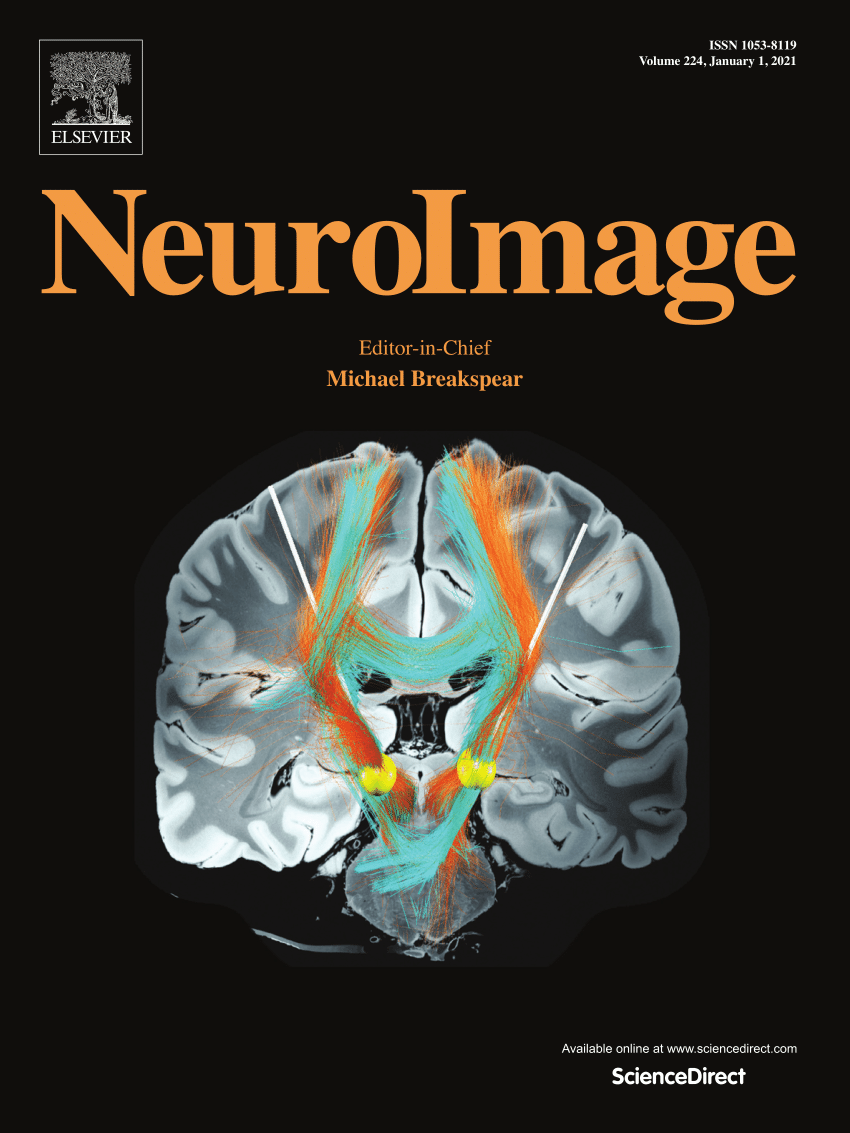Role of dietary patterns in older adults with cognitive disorders: An umbrella review utilizing neuroimaging biomarkers
IF 4.7
2区 医学
Q1 NEUROIMAGING
引用次数: 0
Abstract
Various dietary patterns (DPs) may benefit or harm cognitive status through their components. Publications assessing the impact of DPs on cognitive scores using neuropsychological tests have often led to less promising results. Recently, numerous meta-analyses and systematic reviews have utilized neuroimaging to identify more subtle brain-associated alterations related to cognition. Combining neuroimaging methods with neuropsychological assessments could clarify these findings. This umbrella review was conducted to systematically explore evidence on the impact of DPs on neuroimaging biomarkers in older adults with cognitive disorders. Scientific databases, including Scopus, PubMed, and Web of Science, were comprehensively searched from the earliest available data until May 11, 2024. Out of 89 papers, 15 meta-analyses and systematic reviews were included in our umbrella review. These selected papers addressed 27 DPs and their impact on neuroimaging biomarkers. Most selected papers were of moderate quality. Studies revealed that greater adherence to the Mediterranean diet (MedDiet) correlated with increased cortical thickness, improved glucose metabolism in the brain, and reduced amyloid-beta and tau deposition, as evidenced by magnetic resonance imaging and other neuroimaging techniques. Higher adherence to healthy DPs, such as the MedDiet, reduced the risk of Alzheimer's disease and mild cognitive impairment. In contrast, Western and high glycemic diets were associated with increased cognitive decline.
膳食模式在患有认知障碍的老年人中的作用:利用神经影像生物标志物的综合评述》。
各种膳食模式(DPs)可能会通过其成分对认知状况有益或有害。通过神经心理学测试评估膳食模式对认知能力评分影响的出版物,结果往往不太乐观。最近,许多荟萃分析和系统综述利用神经影像学来确定与认知有关的更微妙的大脑相关改变。将神经影像学方法与神经心理学评估相结合可以澄清这些发现。本综述旨在系统性地探讨 DPs 对患有认知障碍的老年人神经影像生物标志物的影响。研究人员对 Scopus、PubMed 和 Web of Science 等科学数据库进行了全面检索,检索时间从最早的可用数据开始,直至 2024 年 5 月 11 日。在 89 篇论文中,有 15 篇荟萃分析和系统综述被纳入我们的总综述。这些入选论文涉及 27 种 DPs 及其对神经影像生物标记物的影响。大多数入选论文质量中等。研究表明,更多坚持地中海饮食(MedDiet)与大脑皮层厚度增加、大脑葡萄糖代谢改善、淀粉样蛋白-β和tau沉积减少相关,这在磁共振成像和其他神经成像技术中得到了证明。更多地坚持健康饮食(如 "健康饮食")可降低阿尔茨海默病和轻度认知障碍的风险。相比之下,西式饮食和高血糖饮食与认知能力下降的增加有关。
本文章由计算机程序翻译,如有差异,请以英文原文为准。
求助全文
约1分钟内获得全文
求助全文
来源期刊

NeuroImage
医学-核医学
CiteScore
11.30
自引率
10.50%
发文量
809
审稿时长
63 days
期刊介绍:
NeuroImage, a Journal of Brain Function provides a vehicle for communicating important advances in acquiring, analyzing, and modelling neuroimaging data and in applying these techniques to the study of structure-function and brain-behavior relationships. Though the emphasis is on the macroscopic level of human brain organization, meso-and microscopic neuroimaging across all species will be considered if informative for understanding the aforementioned relationships.
 求助内容:
求助内容: 应助结果提醒方式:
应助结果提醒方式:


